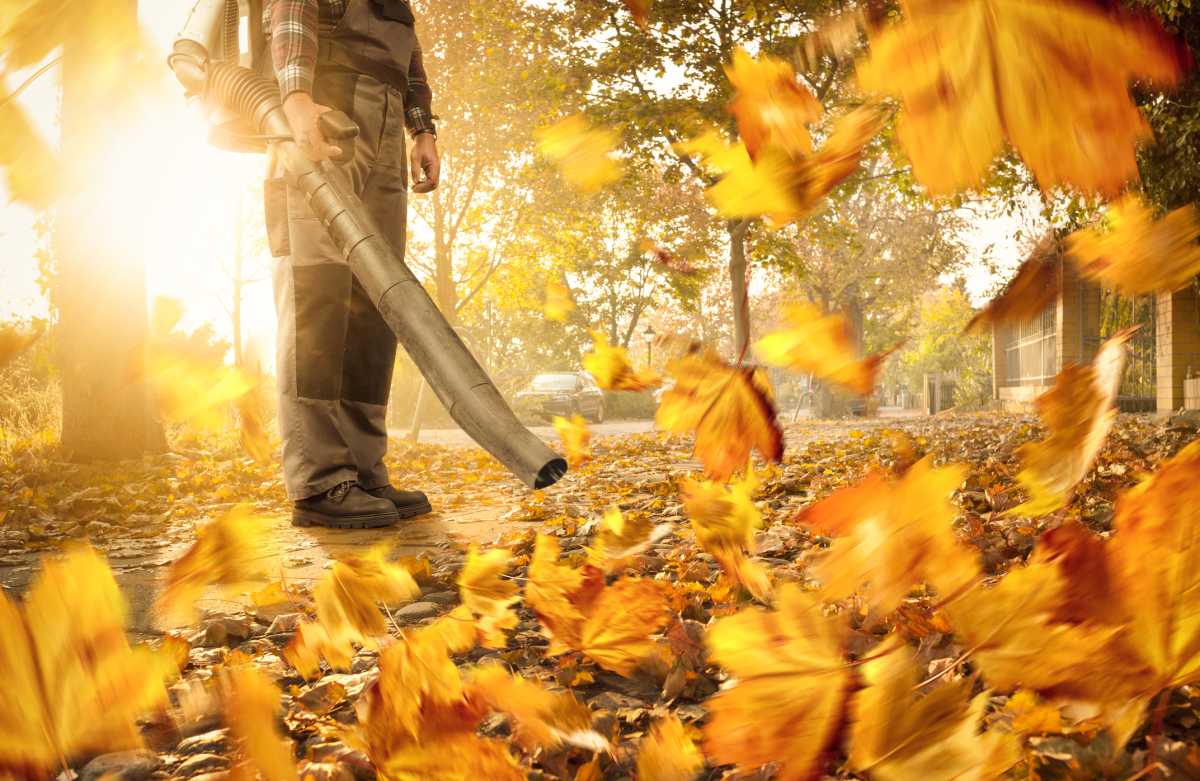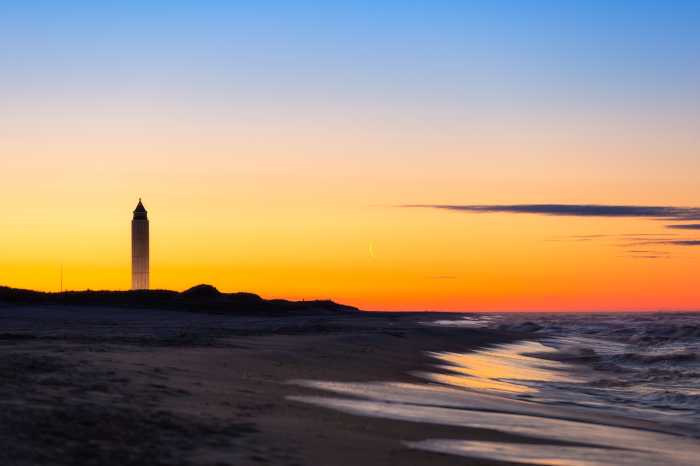The Village of Southampton has become the first municipality on Long Island to ban gas-powered leaf blowers completely. The new law is a model in part for a bill that Huntington Town Councilmen Dave Bennardo and Salvatore Ferro plan to advance a similar ban in Huntington “possibly in 2026,” Ferro said.
“Between health risks and the community’s well-being and the fact that technology has truly improved battery options,” said Ferro.
In the Village of Southampton, the process that concluded with a total prohibition of the use of gas-powered leaf blowers in May of 2024 began with “a push from residents,” said its deputy mayor, Gina Arresta.
She led a task force that consisted of people from “all sides – contractors, landscapers, residents, members of the village’s Environment Committee. You have to bring people together.”
And the task force “came to a consensus,” said Arresta.
The Village of Southampton had restrictions on when the devices could be used – as does the Town of Huntington. There were “pros and cons” raised on the task force regarding a complete ban. There were issues about “getting equipment” and substitutes for the gas-powered machines. Also, “some of the technology” for alternatives “was not there yet.”
So, the plan was for a phase-out with a target date for a total ban of 2024.
Arresta said the reaction from Southampton Village residents who have contacted her has been “very good…people are very happy.” She’s received comments including “it’s the best thing to do.”
“We applaud the Village of Southampton,” said Bonnie Sager of Huntington, an early champion on Long Island – and now also nationally – for a ban on gas-powered leaf blowers.
“It’s a wonderful step for the health of the people of the village and for the workers who are most impacted by the burden of using this highly polluting and noisy equipment,” said Sager last week. “It will improve the quality of life and reduce air pollution.”
“Gas leaf blowers are by and large the dirtiest and most polluting piece of equipment still in legal use,” she said. “For landscape workers, their noise can be deafening. For residents they often are a constant source of annoyance and disruption.”
“Landscape workers are often low wage non-English speaking, hard workers who are sacrificing future health to keep customers’ lawns pristine. They may not have generous health insurance if any, and most likely have no idea of the health hazards they are exposing themselves to,” said Sager. “Breathing toxic emissions and fine particulate matter for hours a day can cause severe health issues ranging from cancer, heart disease, asthma and COPD.”
Sager is co-founder of Huntington Calm and a new national group, the Quiet Clean Alliance. It’s based on “strength in numbers,” said Sager, and was formed by the leaders of Quiet GA from Atlanta, Georgia, and QCPDX from Portland, Oregon, and Sager herself. Already, there are nearly 50 “member organizations” from all over the U.S.
Meanwhile, there “are viable alternatives” to gas-powered leaf blowers, said Sager. The cost of battery-powered electric leaf blowers “has come down,” and the technology improved.
“They produce no emissions, don’t use fossil fuels, and emit far less noise,” said Sager. She added that people “may also consider leaving some leaves and beneficial grass clippings. They help our pollinators and improve soil structure.”
On Long Island, “some villages and towns have restrictions” on using gas-powered leaf blowers, she said. As for other complete bans on use in the U.S., Sager cited the Village of Larchmont in Westchester County; Washington, D.C.; Montgomery County, Maryland; and Montclair and Maplewood, New Jersey. In addition to bans on use by several municipalities in California, the state at the beginning of this year started prohibiting the sale of gas-powered leaf blowers statewide.





























